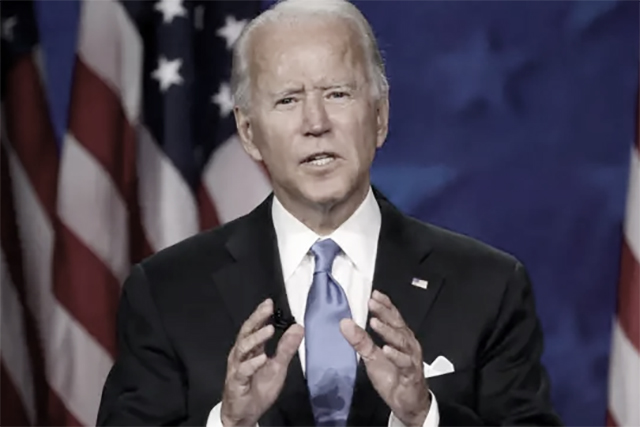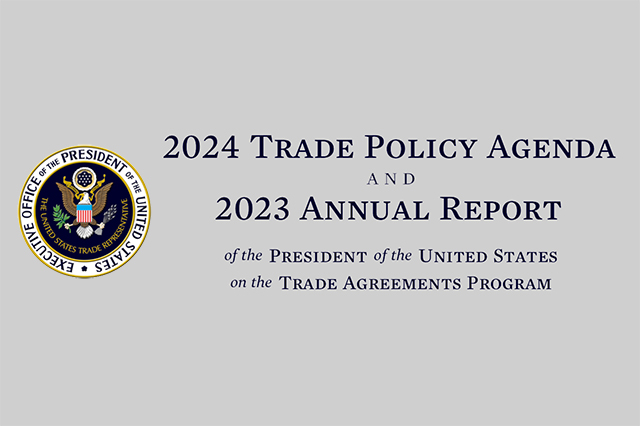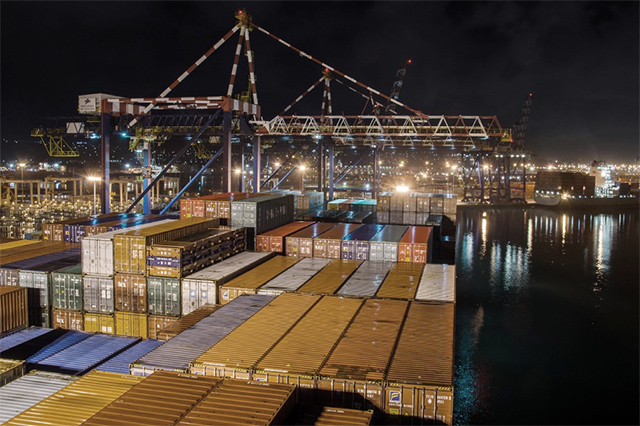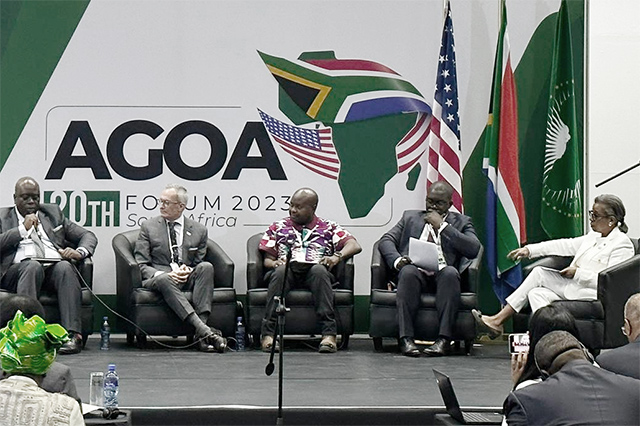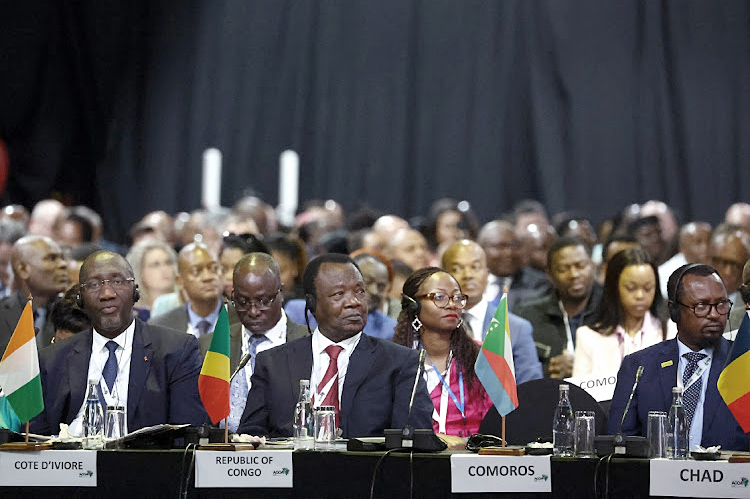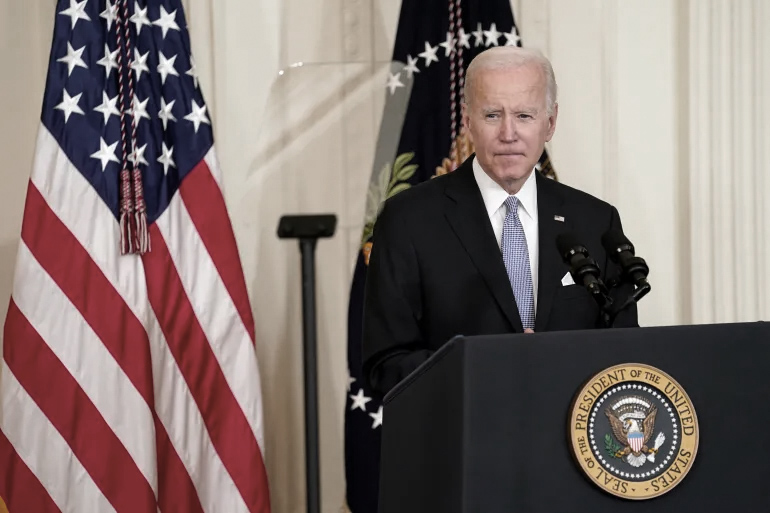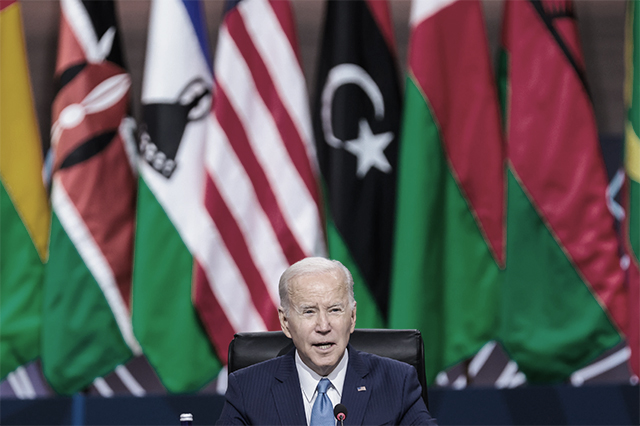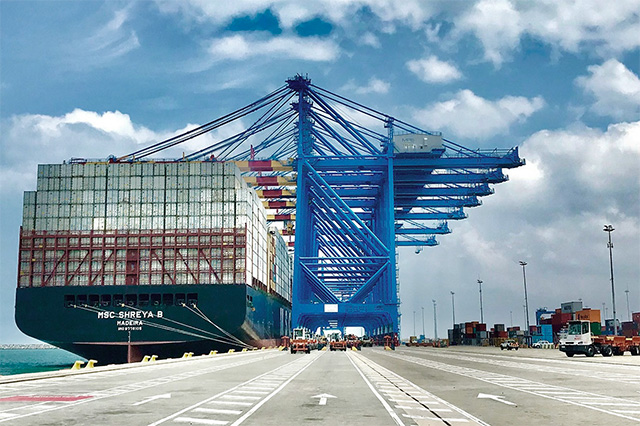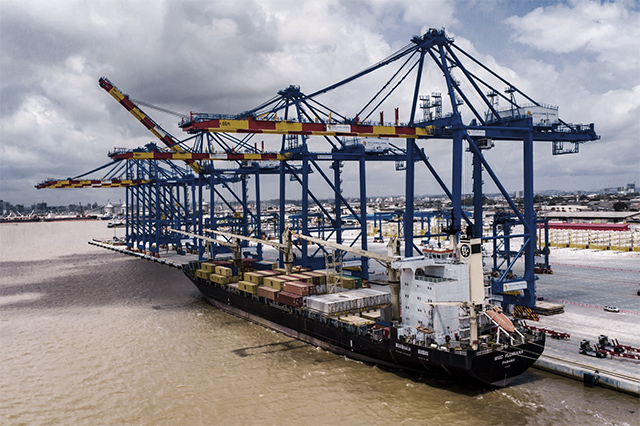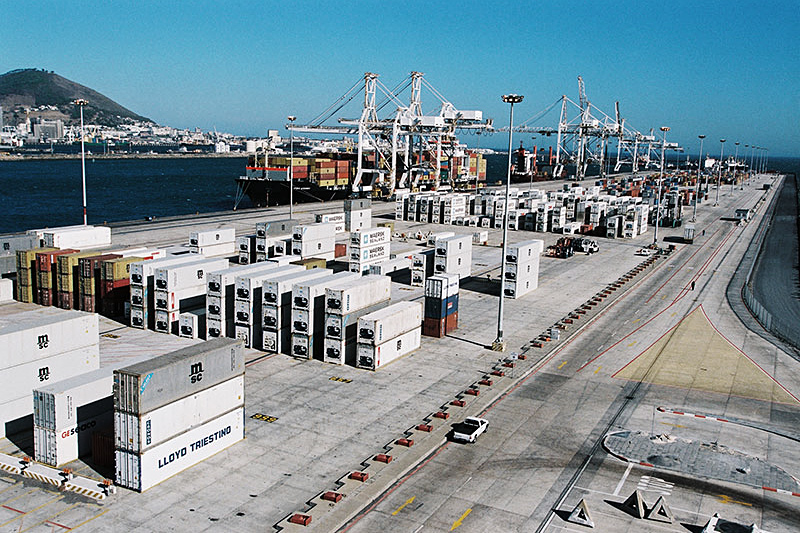Biden eyes up Africa as new trade market, reboots Trump-era initiative
The Joe Biden administration has announced plans to revamp the Trump-era Prosper Africa initiative, as it works to “substantially increase” two-way trade and investment between the US and Africa.
With a focus on infrastructure, clean energy and healthcare, the White House said in recent weeks that it would kickstart a new Prosper Africa Build Together Campaign, having also requested US$80m from Congress in additional funding resources.
“Our goal is to substantially increase two-way trade and investment between the United States and Africa by connecting US and African businesses and investors with tangible deal opportunities,” Dana Banks, senior director for Africa at the White House National Security Council, said in a digital press briefing.
Prosper Africa was launched under the Donald Trump presidency to draw together the efforts and activities of 17 government agencies and help the US take on competitors such as China on the continent.
Infrastructure finance is expected to be a key thrust of the new Prosper Africa bid, with Banks noting that Congressional funding would in part support initiatives that are in line with the broader Build Back Better World (B3W) efforts.
Any approved cash from Congress would also “try to assist” US government agencies’ operations on the continent, Banks said, adding that it could help with their efforts to increase matchmaking between businesses and investors in key sectors, such as healthcare, agriculture and power.
Ongoing difficulties
US trade and investment with Sub-Saharan Africa remains stubbornly low despite decades of programmes, initiatives and legislation aimed at facilitating business opportunities between the America and the region.
According to a March blog post from the Center for Strategic and International Studies (CSIS), the US conducted approximately US$32.6bn-worth of trade in goods with the region in 2020, and US$36.8bn in 2019. “This means that in the past two years, US trade with Sub-Saharan Africa has represented less than 1% of all US trade in goods,” the authors note.
The passing of the African Growth and Opportunity Act (AGOA) in 2000 had aimed to make it easier for exporters on the continent to target the American market, by providing duty free access to nearly 40 countries on the continent for thousands of products.
But the agreement has done little for African businesses in the vast majority of sectors, with AGOA imports having been dominated by petroleum. According to a May report from the Congressional Research Service, total US AGOA imports were US$4.1bn in 2020, down 50% from US$8.4bn in 2019, due mostly to a decline in oil imports.
CSIS’ Africa Program Director Judd Devermont and research associate Marielle Harris say in the commentary that “there are several challenges” behind the stagnant US-Africa trade figures, including “scepticism about market opportunities, made worse by US media and ingrained stereotypes about corruption and investment challenges”.
They further point to a lack of US federal government help over the years, with companies unsure which US government agency to approach for support.
“US companies require predictability, enabling them to leverage consistent market intelligence, technical assistance, financing, political risk insurance, and in-country guidance to navigate country-specific bureaucratic hurdles. Consequently, US companies have opted for foreign and domestic markets that are intuitively easier to navigate or where they can obtain greater support,” they add.
Laird Treiber, a senior associate at the CSIS tells GTR that standards are another key hurdle.
“Let’s say you’re a US company that wants to do business in Togo or Benin, and you’ve identified a marketing opportunity. Companies generally like to sell that product in neighbouring countries as well, but then they find standards are different, labelling requirements and customs are different, and you’ve got various currencies to deal with,” he says.
Financing is a further potential challenge, Treiber notes, with local US banks often lacking expertise and knowledge about counterparts in Africa.
“A lot of companies have banks with correspondent banking relationships in countries such as Mexico, Canada, Europe or China. But if you ask a bank for support in a place like Abuja, they’re unlikely to be of much help,” he adds.
Trade long and prosper?
Prosper Africa 2.0 and the launch of the African Continental Free Trade Area (AfCFTA) are expected to help alleviate risks for US exporters in the coming years.
The rollout of the African FTA has faced hurdles, though Treiber says when the first phase covering trade in goods is completed – likely sometime this year – one key benefit will be the harmonisation of standards and customs documents in many countries on the continent.
Prosper Africa is also expected to make it easier for US exporters to source support from their own federal government.
“It’s created a one-stop shop of sorts… In the past, people working for the Export-Import Bank of the United States weren’t all that familiar with what the people in the Department for Agriculture did, for instance. But now US government agencies are collaborating more closely and providing better services for firms,” he says.
Such an approach is expected to continue under Biden, and government agencies are anticipated to pump billions of dollars towards new infrastructure, clean energy and healthcare projects on the continent.
The US Development Finance Corporation (DFC) has committed nearly US$2bn in financing for projects in Africa in the first half of fiscal year 2021, for instance, and aims to close another US$500mn or more in the second half.
After facing years of threats from the Trump administration that it would have its budget cut by as much as 30%, development agency USAID said in late July that it would drive “billions of dollars in investments in Africa” and support trade in key sectors such as clean energy and climate smart solutions, health and digital technology.
Likewise, US Exim has talked up its role in supporting the previous iteration of the Prosper Africa initiative by lending confidence to American exporters seeking to do business on the continent.
According to US Exim’s latest annual report, the bank authorised US$137mn in support of 69 transactions in Africa across FY2020. In one major deal, it provided a US$91.5mn loan guarantee backing design, engineering and construction services exports for a rural electrification project in Senegal.
Nevertheless, there are suggestions that Biden’s plans to boost trade with Africa through agencies such as US Exim could bump against broader climate plans.
Speaking to GTR earlier this year, James O’Brien, a partner at law firm Baker McKenzie and member of US Exim’s Sub-Saharan Africa Advisory Committee under the previous administration, said that the bank will likely have to consider fossil fuel transactions if it wants to support development in Africa.
“Whether the Biden administration will reduce the emphasis on LNG or petrochemicals generally remains to be seen, particularly in emerging market jurisdictions like Africa,” he said.
“If one wants to do export credit agency finance, which could lead to development in those markets, then you need to finance deals that are there, not transactions you simply want to do.”



